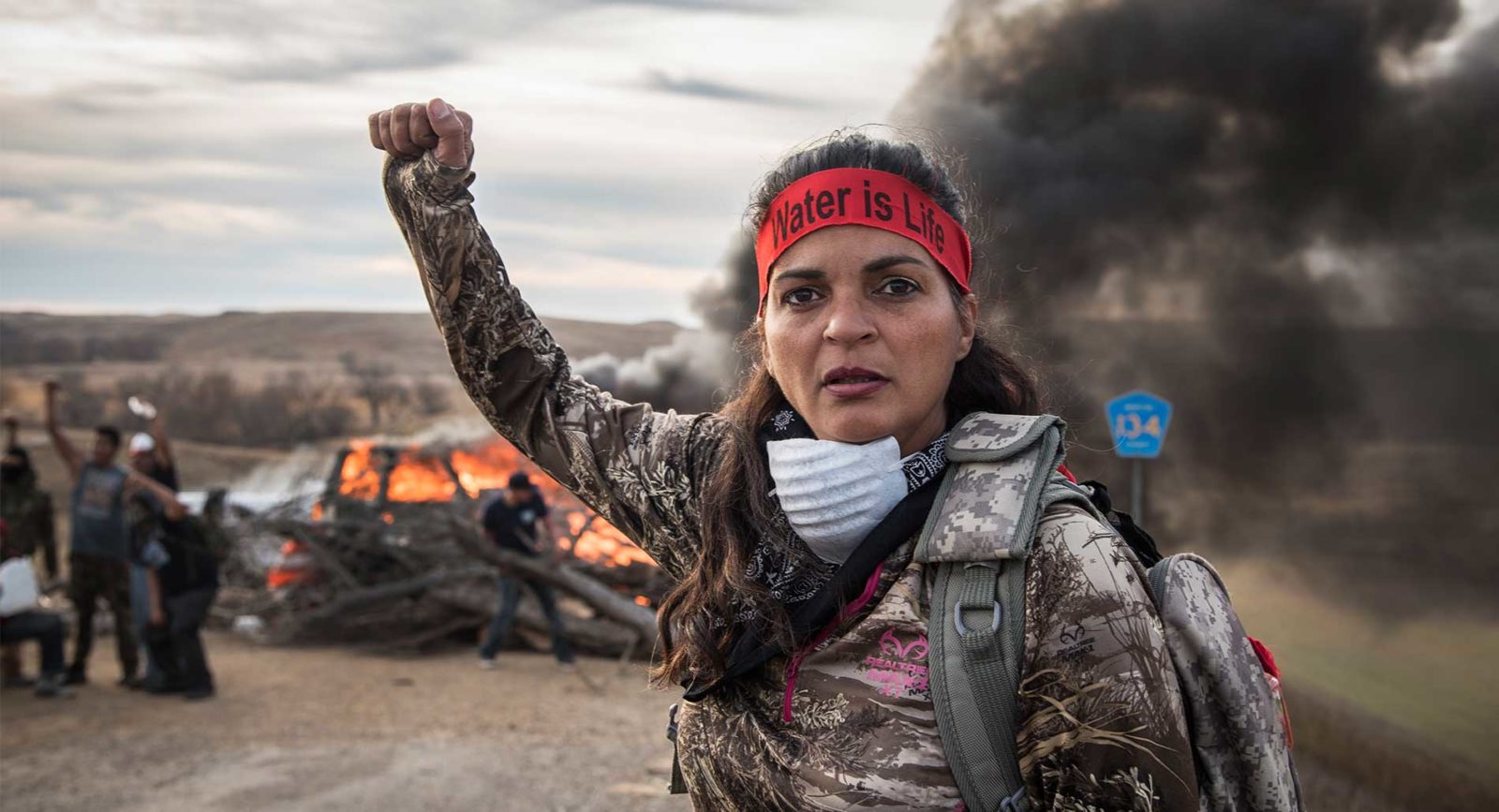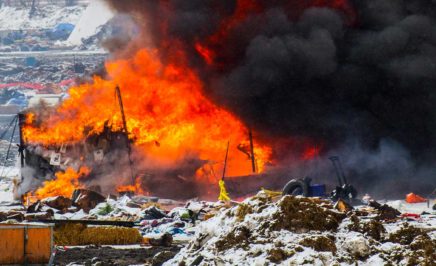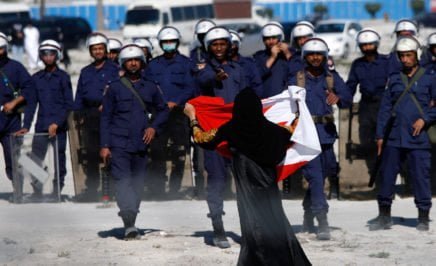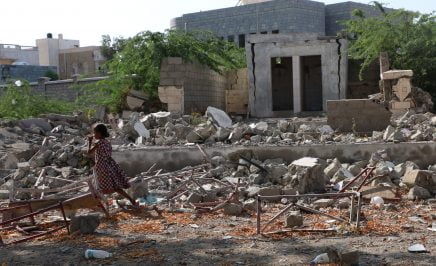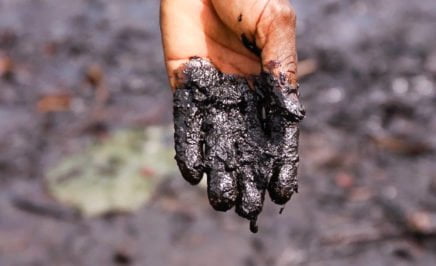In a major victory for Indigenous people who fought to protect the water and their rights, the Army Corps of Engineers has decided not to allow an oil pipeline to cross under a reservoir on land it controls in North Dakota.
United States Assistant Secretary of the Army, Jo-Ellen Darcy, said they would “explore alternate routes” for the $3.7billion Dakota Access pipeline that runs through North and South Dakota, Iowa and Illinois.
Thousands of demonstrators at the Oceti Sakowin campsite erupted in cries of “Mni Wiconi” – Water is life – as the news of the victory spread.
“This is a great victory for Indigenous peoples all over the world,” says Rodney Dillon. Amnesty International Australia’s Indigenous Rights Advisor. “When traditional owner’s knowledge is supported by others it empowers them and their beliefs. I’m glad that the US authorities have listened to the concerns and it’s great that Amnesty USA has been monitoring this situation.”
What’s been happening at Standing Rock?
Members of the Standing Rock Sioux Tribe and other tribes have been protesting against a planned oil pipeline that would border the Standing Rock reservation.
Tribal members and those protesting the Dakota Access Pipeline, calling themselves ‘water protectors’, say it threatens to contaminate their main source of drinking water and destroy cultural and religious sites.
Water protectors set up camp at a planned construction site across the river from the Standing Rock reservation, supported by a growing number of Indigenous people and others from across the United States and Canada.
“Authorities have a duty to protect the rights of Indigenous peoples, including their right to peacefully protest. It is the responsibility of the police to ensure the right to peaceful protest and freedom of expression”
Tarah Demant, a senior director with Amnesty International USA
As tensions rose between law enforcement officers and protestors, the police employed an increasingly militarised response.
Freedom of expression is a human right. But at Standing Rock it’s been under threat and we called on police to respect, protect and fulfil Indigenous people’s right to peaceful protest. Over the last few months, Amnesty sent four delegations of observers to the area to ensure people’s human rights are protected.
Evidence from news reports and Amnesty’s own observers on the ground showed an increasing use of force. Police used pepper spray, tear gas and sprayed protesters with a fire hose in order to disperse crowds in freezing temperatures.
“People here just want to stand up for the rights of indigenous people and protect their natural resources. These people should not be treated like the enemy,” said Eric Ferrero, director of communications, Amnesty International USA.
We asked local law enforcement officials to follow these principles, based on UN guidance, in their response to protests in North Dakota.
Respect and protect the right to protest
Amnesty reminded the police of their responsibility to respect, protect and fulfil protesters’ rights to peaceful freedom of expression.
- Law enforcement officers should be instructed to facilitate a peaceful public assembly, not restrict it.
- Officers should not be dressed in riot gear unless strictly necessary.
- Any use of force by officers – such as pepper spray, tear gas and rubber bullets – must be necessary, legal and proportionate to the threat posed. They should not be used in a way that causes lasting harm.
- Arrest and detention should be carried out legally and not used to intimidate, to punish, or to prevent peaceful participation in a public assembly.
- If people are arrested, restraints should not be used excessively or for long periods of time. Anyone who is arrested should be given food, water, medical attention if needed, access to toilets and prompt access to legal advice.
- Intrusive searches, including strip and body cavity searches, should only be undertaken if absolutely necessary. They should be conducted in private by trained staff of the same sex as the prisoner, and should not be carried out in a way that is cruel or humiliating.
What’s next?
This is a major victory for Indigenous people and their rights. Amnesty International is calling on Congress to ensure that Indigenous communities are always consulted in decisions like this. It must only be the beginning of an improved process for projects that affect Indigenous populations. The world is now watching and so are we.
